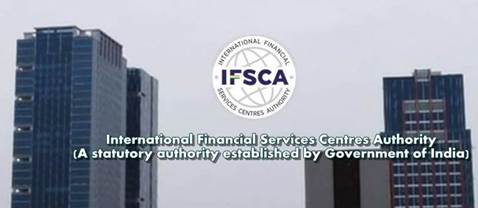Free Courses Sale ends Soon, Get It Now


Free Courses Sale ends Soon, Get It Now



Disclaimer: Copyright infringement not intended.
Context
Establishment of IFSCA
Background
Role of IFSCA
Powers of IFSCA
Composition of IFSCA
Funding sources of IFSCA
Functions of IFSCA
Recently, IFSCA issued a circular on "Directions on business in foreign currency at International Financial Services Centres" and prescribed that all transactions in IFSCs shall be undertaken in a freely convertible currency and only via bank transfers. It also allowed financial institutions to undertake capital account transactions (excluding acceptance of deposits) and current account transactions with a person resident in India or a person resident outside India or another financial institution in any freely convertible foreign currency subject to the directions, if any, issued by the IFSCA from time to time.
https://www.pib.gov.in/PressReleasePage.aspx?PRID=1846330
© 2024 iasgyan. All right reserved